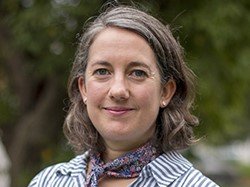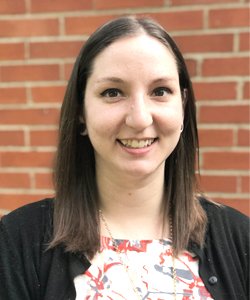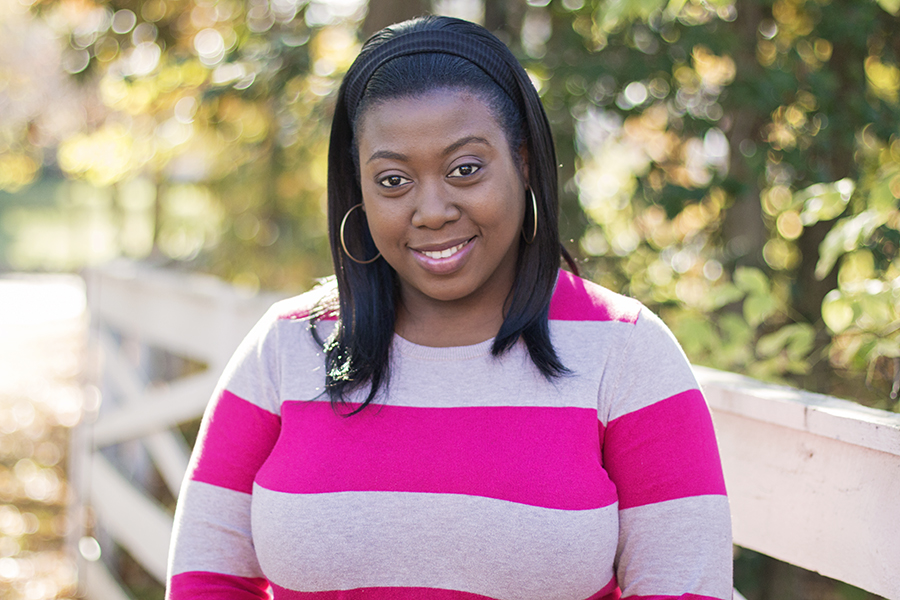Tag: graduate certificate in Developmental Disabilities
-

Graduate Certificate in Developmental Disabilities Student Spotlight: Emma Foret
Music therapy is gaining popularity as an effective approach for enhancing communication and social skills for people with developmental disabilities. This year’s cohort of Graduate Certificate in Developmental Disabilities students […]
-

Emily Moseley awarded prestigious Anne Rudigier Award
Emily Moseley, Human Development Institute (HDI) trainee, and graduate student in the University of Kentucky College of Social Work, has been awarded the prestigious Anne Rudigier Award at the 2020 […]
-

Graduate Certificate Student Spotlight: Chelsea Gibbs
Chelsea Gibbs began working in the disability field by chance and fell in love with it, which led to her pursuing a Master’s in Music Therapy and enrolling in the […]
-

Research Assistant Spotlight: Lisa Dunkley
Article by Bill Mazzoleni. Photo by Kari Jones. Lisa Dunkley was born in Kingston, Jamaica. She has a BSC in Psychology and a MA in Rehabilitation Counseling. She is pursuing the doctoral […]